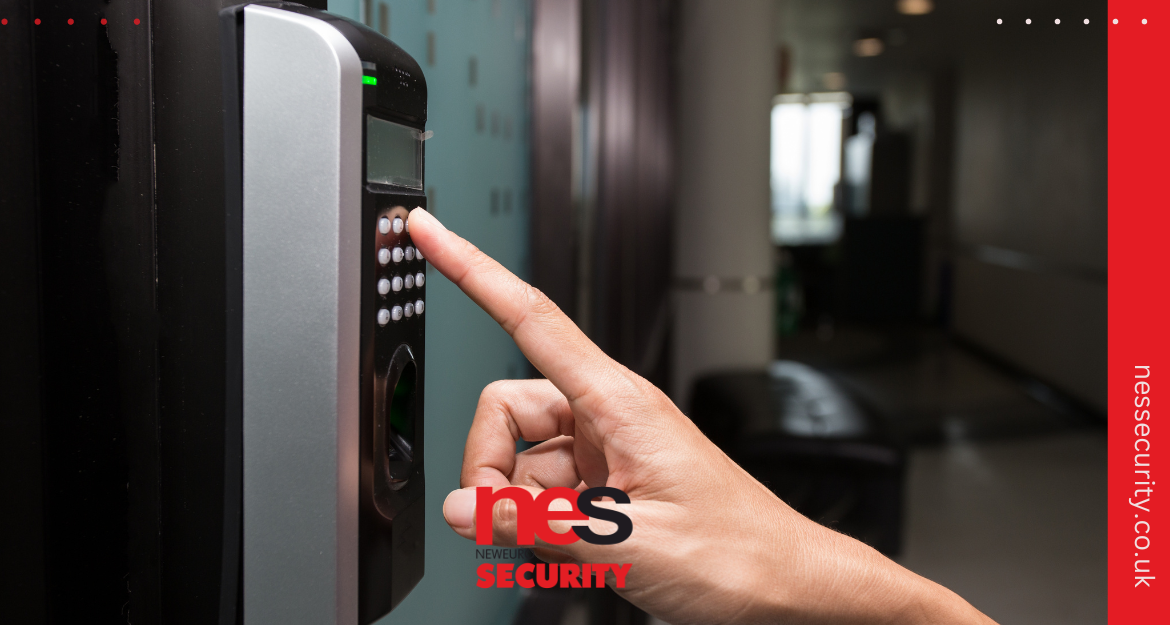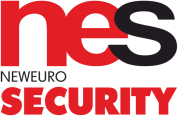In today’s increasingly digital and interconnected world, ensuring the security of sensitive information and restricted areas is of paramount importance. Access control compliance plays a crucial role in meeting industry regulations and standards, safeguarding data, protecting assets, and mitigating risks. From healthcare facilities to financial institutions and government sectors, organisations across various industries must adhere to specific guidelines to maintain compliance. In this article, we will delve into the significance of access control compliance, explore key industry regulations and standards, discuss compliance in specific sectors, and provide insights into achieving and maintaining compliance. Join us as we navigate the realm of access control compliance and its vital role in maintaining security and regulatory adherence.
Understanding the Importance of Access Control Compliance
Access control compliance is not a mere formality but a critical aspect of safeguarding sensitive information, ensuring privacy, and protecting against unauthorised access. Compliance measures aim to establish standardised protocols and guidelines to maintain a secure environment, preventing security breaches, data leaks, and unauthorised intrusions. By adhering to access control compliance requirements, organisations demonstrate their commitment to security and regulatory obligations, instilling confidence among stakeholders, customers, and partners.
Key Industry Regulations and Standards for Access Control
Numerous industry-specific regulations and standards govern access control compliance. Here are some notable ones:
Health Insurance Portability and Accountability Act (HIPAA): HIPAA sets standards for protecting patient data in the healthcare industry, including access control measures to ensure confidentiality and privacy.
Payment Card Industry Data Security Standard (PCI DSS): PCI DSS outlines security requirements for organisations that process credit card payments, emphasising access control to protect cardholder data.
General Data Protection Regulation (GDPR): GDPR is a comprehensive data protection regulation in the European Union, that emphasises access control measures to protect personal data and enforce individuals’ privacy rights.
Federal Information Security Management Act (FISMA): FISMA establishes security requirements for federal agencies in the United States, including access control to protect government information systems.

Access Control Compliance in Healthcare Facilities
Healthcare facilities handle vast amounts of sensitive patient information, making access control compliance a top priority. Compliance with regulations like HIPAA is crucial for protecting patient privacy and ensuring the confidentiality of electronic health records (EHRs). Access control systems help enforce role-based access, restrict unauthorised entry to restricted areas, and monitor and log access attempts for audit purposes.
Access Control Compliance in Financial Institutions
Financial institutions are entrusted with confidential financial data and face stringent compliance requirements. Adhering to regulations such as PCI DSS is vital to safeguarding customer financial information. Access control systems play a critical role in enforcing strong authentication, limiting access privileges to authorised personnel, and ensuring secure physical and logical access to critical areas and systems.
Access Control Compliance in Government and Public Sector
Government agencies and public sector organisations handle sensitive and classified information, necessitating robust access control compliance measures. Regulations such as FISMA impose strict requirements for securing government information systems. Access control systems help enforce least privilege access, implement strong authentication methods, and enable comprehensive auditing and monitoring to maintain compliance.
Access Control Compliance in Data Centers and IT Environments
Data centres and IT environments store and process vast amounts of valuable data, making access control compliance crucial. Regulations like GDPR and industry standards such as ISO 27001 emphasise access control measures for protecting data integrity and ensuring confidentiality. Access control systems enable organisations to enforce access policies, secure physical access to data centres, and implement strong authentication mechanisms to maintain compliance.
Best Practices for Achieving Access Control Compliance
Achieving access control compliance requires a comprehensive approach. Here are some best practices to consider:
Conduct a Compliance Assessment: Perform a thorough assessment of existing access control measures, identify compliance gaps, and develop a roadmap for achieving compliance.
Define Access Policies: Establish well-defined access policies and guidelines based on regulatory requirements and industry best practices. These policies should outline access privileges, authentication methods, and access control mechanisms.
Implement Strong Authentication: Utilize multi-factor authentication methods, such as passwords, smart cards, or biometrics, to strengthen access control. Strong authentication reduces the risk of unauthorised access and enhances overall security.
Regularly Review and Update Access Rights: Conduct regular reviews of user access rights to ensure they align with changing roles, responsibilities, and compliance requirements. Promptly revoke access for terminated employees or individuals with changed responsibilities.
Auditing and Monitoring Access Control Systems for Compliance
Regular auditing and monitoring of access control systems are essential to maintain compliance. By implementing robust auditing mechanisms, organisations can track and review access logs, monitor access attempts, and detect any anomalies or potential security breaches. Regular audits help ensure compliance with regulatory requirements and identify areas for improvement.

Addressing Challenges in Access Control Compliance
Access control compliance may present challenges that organisations must overcome. Some common challenges include:
Complex Regulatory Landscape: Compliance requirements vary across industries and regions, making it challenging to navigate the complex regulatory landscape. Staying informed about evolving regulations and partnering with compliance experts can help address this challenge.
Balancing Security and Usability: Ensuring robust access control measures while maintaining user convenience can be challenging. Striking the right balance by implementing user-friendly authentication methods and providing appropriate access privileges is crucial.
Legacy Systems and Infrastructure: Upgrading legacy systems to meet compliance requirements can be costly and time-consuming. Implementing phased migration plans and leveraging integration capabilities can help address this challenge.
The Role of Access Control Solution Providers in Compliance
Access control solution providers play a vital role in helping organisations achieve and maintain access control compliance. They offer expertise in designing and implementing tailored access control systems that align with specific compliance requirements. Additionally, they provide ongoing support, maintenance, and guidance to ensure that access control systems remain compliant as regulations evolve.
The Future of Access Control Compliance
The landscape of access control compliance continues to evolve alongside technological advancements and changing regulatory frameworks. As new technologies emerge, such as biometrics and advanced analytics, access control systems will become more sophisticated, providing enhanced security and compliance capabilities. Organisations must stay abreast of industry trends and regulatory updates to adapt their access control strategies accordingly.
FAQs
What happens if an organisation fails to comply with access control regulations?
Non-compliance with access control regulations can result in severe consequences, including financial penalties, legal liabilities, reputational damage, and loss of customer trust. It is crucial for organisations to prioritise access control compliance to mitigate such risks.
How often should access control systems be audited for compliance?
Regular auditing should be conducted to ensure ongoing compliance. The frequency of audits may vary depending on industry regulations and organisational needs. It is recommended to conduct audits at least annually or as per regulatory requirements.
Can access control compliance be achieved without implementing an access control system?
While it is technically possible to achieve compliance without an access control system, it would be highly impractical and inefficient. Access control systems provide the necessary tools and mechanisms to enforce and monitor access policies effectively, making compliance much more manageable.
Partnering with Nes Security for Access Control Compliance Solutions
At Nes Security, we understand the criticality of access control compliance across various industries. With our expertise in access control solutions, we can help your organisation achieve and maintain compliance with industry regulations and standards. Our team of professionals will assess your specific compliance requirements, design and implement tailored access control systems, and provide ongoing support to ensure continued compliance. Partner with Nes Security to elevate your access control compliance and enhance security within your organisation.


